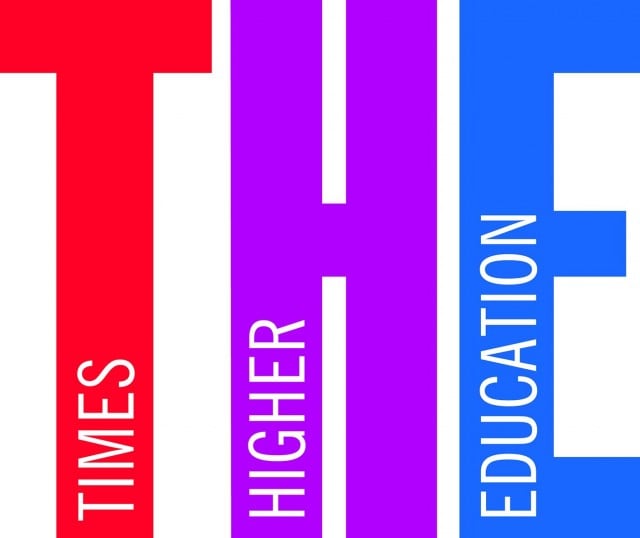You have /5 articles left.
Sign up for a free account or log in.
Decades of experience in teaching, even teaching online, offered little advantage as the world’s universities retreated off campus during the fraught early months of the coronavirus pandemic.
A study launched at the height of the crisis has found that nobody arrived with a head start, as academics of all types confronted the same steep learning curve.
 “We did not find more junior instructors or those in specific disciplines reacting in systematically different ways than their peer comparators,” researchers report in the journal Educational Review. “Teaching effort was unaffected by the individual attributes of instructors or the institutions in which they worked.”
“We did not find more junior instructors or those in specific disciplines reacting in systematically different ways than their peer comparators,” researchers report in the journal Educational Review. “Teaching effort was unaffected by the individual attributes of instructors or the institutions in which they worked.”
The paper is the first of a series from a collaboration formed at the pandemic’s outset, as academics refused to waste the opportunity to learn from a calamity. Led by the University of British Columbia, the consortium involves eight institutions in Australia, Belgium, Canada, the Netherlands, the Philippines and the U.S.
Through “virtual interviews” and questionnaires circulated in March and April 2020, the researchers assembled a crisis response snapshot from tens of thousands of data points on more than 300 courses across four continents.
While many academics felt “overwhelmed” by the transition, four in five reported “relative success in engineering the online pivot” without relinquishing their “pedagogical practices.” And while there was a “precipitous drop” in fieldwork, almost three-quarters of respondents managed to maintain other facets of active learning, such as laboratories, group work and student presentations.
Concerns that academics “would simply dump lecture notes onto online platforms” turned out to be “exaggerated,” the paper suggests.
While 55 percent of respondents rated their students’ learning experience as “lower quality” during the pandemic, more than 70 percent nevertheless felt that they had fulfilled their teaching objectives. Class cancellations proved relatively rare, affecting only about 40 percent of courses and usually involving just two or three classes. Assignment deadlines, word lengths and format requirements were relaxed in over 60 percent of courses, but without sacrificing fairness or transparency.
Co-author David Boud said differences in status, nationality and gross domestic product had made little difference to academics’ handling of the crisis. “What was shocking was how similar the experience was for everyone,” said Boud, director of Deakin University’s Center for Research in Assessment and Digital Learning, in Australia.
“We assumed that people with more online expertise would feel much better about it. But because the change was so rapid, everyone was in the same boat.”
Boud said most institutions have since refined their use of learning management systems, as academics who had steered clear of technology began to embrace its possibilities. “There’s been a sharing of expertise and an increased familiarity with the new mode.”
He said Deakin and other consortium members have also seen a bifurcation in student evaluations, with many rating their courses highly but giving lower ratings for their overall experience. “There’s been no decrement in students’ satisfaction with the individual course units. They appreciate the commitment of teaching staff. But they couldn’t meet their mates. They couldn’t go to societies. There’s an awful lot of informal learning that occurs on campus, and that’s what they miss,” he said.
Boud cautioned against dreams of resurrecting the “good old days” before the pandemic. “They weren’t the good old days,” he said. “Students want to get back to the on-campus experience, not sitting in large lecture theaters being talked at.”








